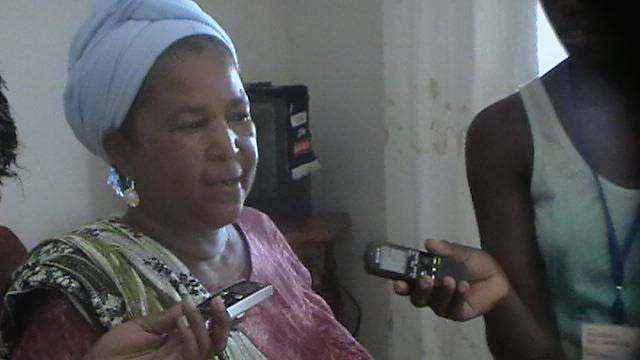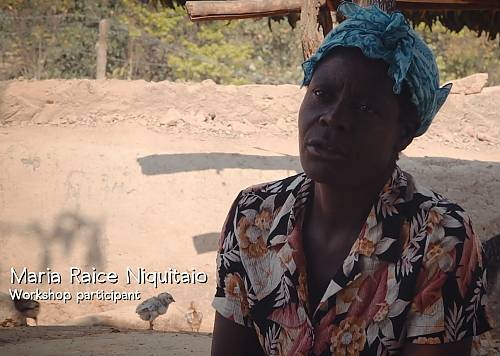From 18 to 22 January, UNESCO and the Cultural Heritage Institute of Cabo Verde (IPC) are organizing a workshop to evaluate the results of three pilot community-based inventories. Following a practical training in July last, 17 community members and 13 culture officers identified and documented 31 elements of intangible cultural heritage in the communities of Centro histórico, Salineiro and Calabaceira in Ribeira Grande de Santiago. Based on the findings, participants will provide input to a national strategy for the safeguarding of intangible cultural heritage in all of the archipelago’s territory.
As an example of South-South cooperation and cooperation among Portuguese-speaking African countries (PALOP), an expert from the Mozambican Institute for Socio-Cultural Research (ARPAC) and one from Brazil will co-facilitate the workshop. Both are members of the UNESCO facilitators’ network for the implementation of the Convention for the Safeguarding of the Intangible Cultural Heritage and co-facilitated previous trainings carried out under this multi-year capacity-building project. Moreover, government officials from Guinea-Bissau and Angola will participate to take back the lessons learnt to their home institutions that follow the same UNESCO capacity-building programme.
This workshop was made possible thanks to a generous contribution from the Government of Norway to the Intangible Cultural Heritage Fund.
Proyecto:
-
Fortalecimiento de las capacidades nacionales para la salvaguardia eficaz del patrimonio cultural inmaterial en los países PALOP seleccionados (1 de enero de 2012 – 1 de mayo de 2016)



